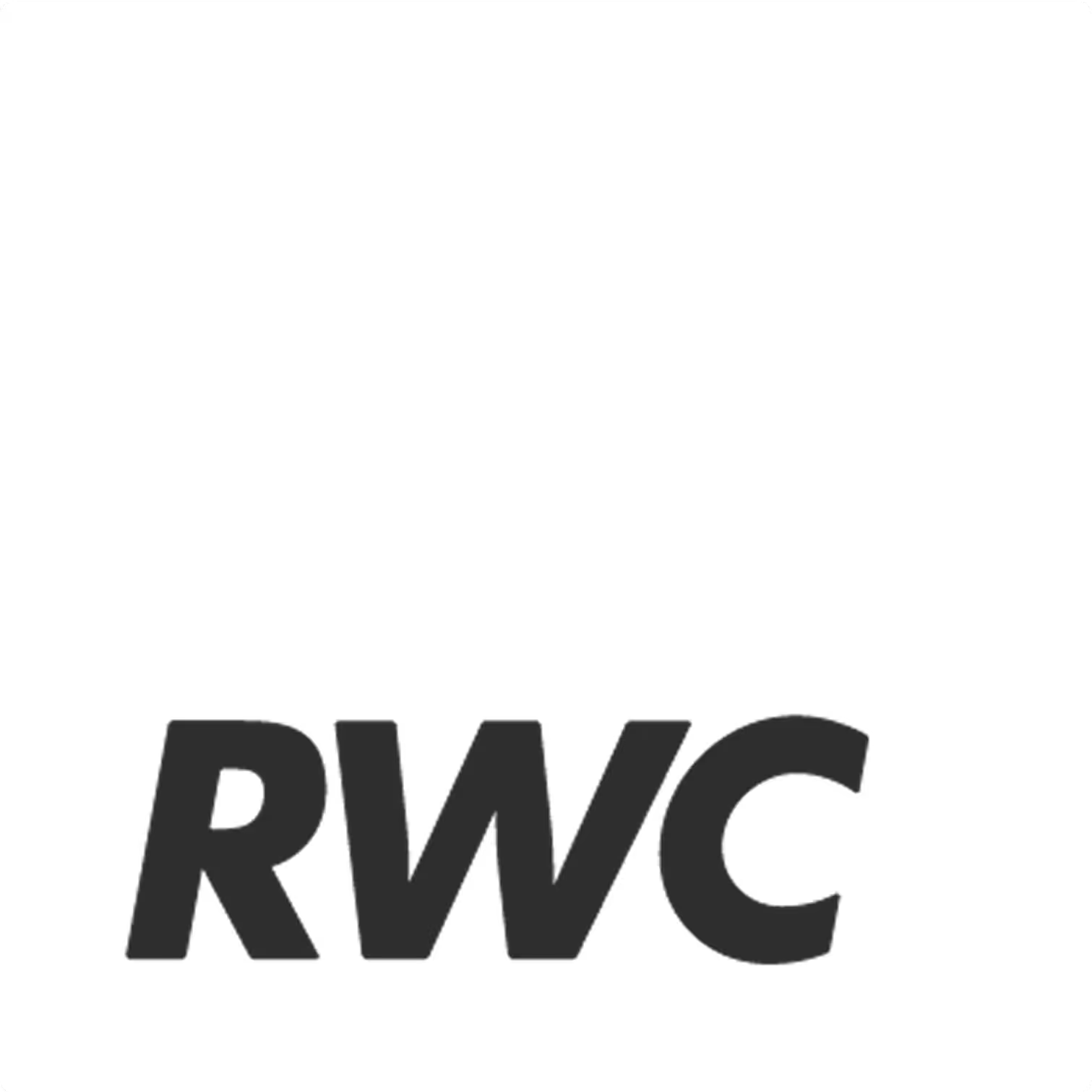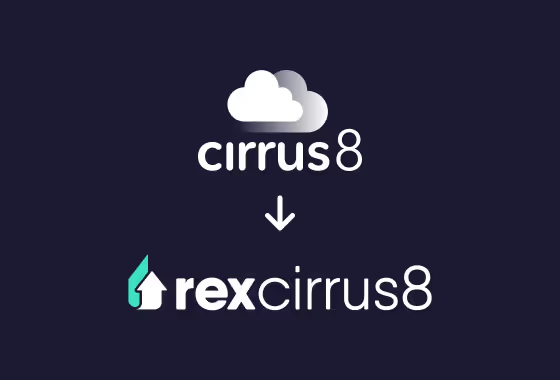Manual mistakes vs. smart solutions: A deep dive into property management tools
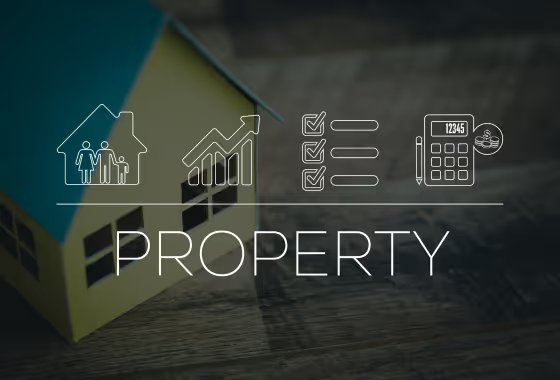
Landlords and property managers cannot afford to let manual errors slow them down. Missed rent payments, misplaced tenant records, or spreadsheet mishaps can result in costly setbacks. If you’re still relying on spreadsheets or paper-based systems to manage your rental properties, it may be time to explore smarter, more efficient alternatives.
This in-depth guide examines the limitations of manual property management and highlights the transformative benefits of switching to property management software – an essential tool for landlords and property professionals who want to scale their operations, save time, and maintain better organisation.
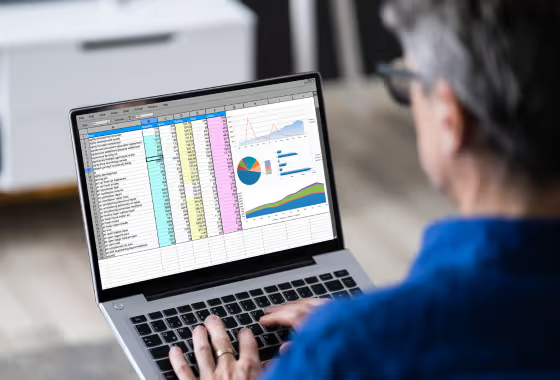
The hidden risks of manual property management
Many landlords begin with spreadsheets, and for small portfolios, they work – at first. But, as responsibilities grow, the cracks start to show. Spreadsheets are prone to:
- Human error: Spreadsheets require manual entry and manipulation, which increases human error. Any single error in a formula can have devastating effects on the data. Data entry mistakes, forgotten rent due dates, and lost documents can cause serious issues. A single typo in a spreadsheet can lead to missed revenue or compliance issues.
- Time-consuming admin work: Manually tracking expenses, sending reminders or calculating late fees eats away at hours you could spend growing your portfolio or improving tenant relations. As spreadsheets contain more data, it becomes difficult to locate and identify where an item is. Tracking becomes a full-time job as you grow. Also, when dealing with larger data sets, spreadsheet software slows dramatically.
- Disorganised information: When files are spread across devices, email chains or paper folders, accessing important information becomes inefficient and frustrating. Raw data stored in cells is difficult to visualise and review. With fragmented data, property managers must sift through inboxes, chat threads, property management software and various apps to distil information and gain insights. For example, a property manager wants to check the history of a maintenance request, renovation or complaint; they assemble all the data from various sources.
- Limited scalability: Managing one or two properties manually is doable – but what happens when you own five, ten or more? Large companies are likely to use more robust budgeting and planning tools, so if growth is part of your business plan, you may require a better tool that can grow with you.
Why property management software is the smart solution
Modern property management software is designed to automate, centralise, and simplify every aspect of rental property management. Here’s why it’s a smart move for landlords, property investors and property managers:
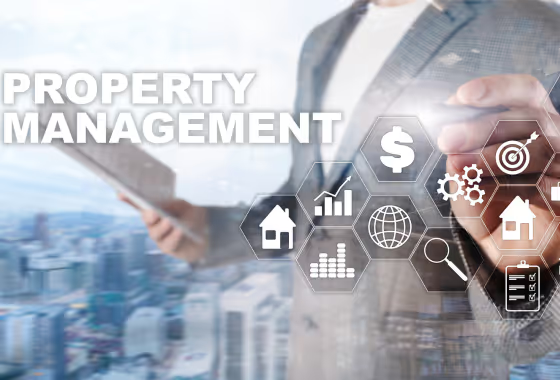
- Reconciling and receipting payments: Automated receipting improves operational efficiency. This feature streamlines the process of generating and sending receipts for all payments, ensuring prompt and accurate acknowledgment of transactions.
- No more manual allocation: Reducing the risk of errors and the time spent on corrections. The software intelligently reads payment descriptions, links them to the appropriate debtor account, and automatically generates and sends trust receipts when necessary.
- Tenant maintenance requests: Tenants can submit maintenance issues via a dedicated tenant portal, enabling them to engage proactively and with confidence. You can also assign and track work orders in real time. Imagine processing work orders effortlessly and accurately, ensuring every task is addressed without delay. Supplier portals streamline financial interactions, providing transparency and accountability in every transaction.
- Automated invoicing system: An automated invoicing system harnesses the power of advanced OCR (Optical Character Recognition) and AI to simplify and optimise the invoicing process for commercial real estate. It automatically reads and processes invoice data, removing the burden of manual entry and minimising the chance of mistakes. The result is faster, more accurate invoicing that supports greater operational efficiency.
- Centralised financial tracking: Property management software captures all income and expenses as they are incurred, providing a more accurate financial picture. This method assists in better financial planning and decision-making. Track income, expenses, and deposits and generate financial reports – all from a single platform.
- Improve tenant communication: Built-in messaging systems and document sharing make it easy to stay in touch, send lease agreements and rent reviews, and respond to requests quickly. Rather than swapping between email software and property management software, all communications with tenants and suppliers are done from a single source, making it easier to track in real time.
- Scalable for growth: As your business grows its rent roll, the property management software helps you stay organised, efficient and ready to grow without extra admin burden.
Choosing the right property management system
Not all property management software solutions are the same. When selecting the most suitable platform, it’s important to consider the following:
- The size of your portfolio and number of properties or units
- Your budget and the pricing structure, for example, whether the subscription is charged per user or property
- Ease of use for both you and your tenants
- Essential features like trust accounting, budgeting, outgoing reconciliation, agency reporting, landlord portals and facilities management
- Customer support, data migration services and training resources
- Contract terms, including any lock-in periods.

Choose a property management system that meets your current requirements and supports your growth without imposing unnecessary limitations as your business expands.
Why it’s time to upgrade your property management system
Traditional methods such as spreadsheets have long played a role in property management, but in today’s fast-paced environment, relying on outdated tools can hinder success. The limitations and risks associated with manual processes now outweigh any perceived benefits.
Modern property management software provides a more efficient, accurate, and scalable solution for landlords and property professionals. By automating routine tasks, reducing the risk of human error, and offering real-time insights into your portfolio, these systems help you streamline operations and maximise profitability.
If you're looking to improve efficiency, boost accuracy, and stay competitive in the commercial property market, it’s time to invest in smart, cloud-based property management software.
Ditch the spreadsheets. Embrace intelligent property management.
See Smart Solutions in Action Request a Demo
Don’t miss these related posts

The rise of smart buildings: How technology is transforming commercial real estate
The commercial real estate (CRE) industry is undergoing a profound transformation, driven by rapid technology advancements. Smart buildings – equipped with cutting-edge automation, artificial intelligence (AI), and the Internet of Things (IoT)...

Is your commercial property management business sale ready?
There are several factors to consider when you are planning to move software platforms. Particularly if the software in question is key to your business daily operation and profitability. One of the most common mistakes is starting the process too late and trying "shoe horn" to in all of the precursor work, which often determines whether the transition is smooth or otherwise.
We’re driving technology for Commercial Property Management
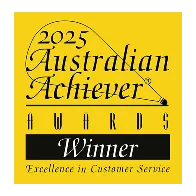
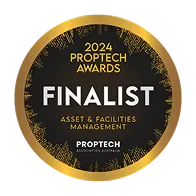
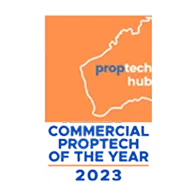
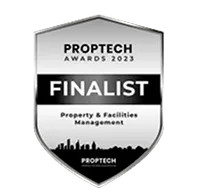


Start winning more listings and power your business with RexCirrus8



